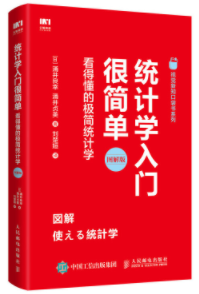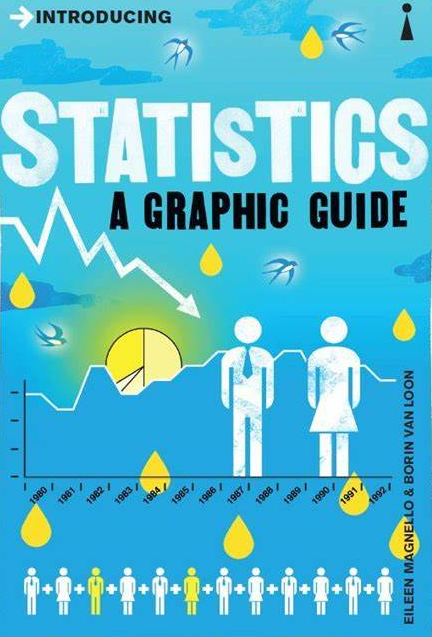Research
Institutes
RENMIN UNIVERSITY OF CHINA - School
of statistics
PEKING UNIVERSITY - Statistics center
NANKAI UNIVERSITY - School of statistics and data science
NORTHEAST NORMALUNIVERSITY - School of mathematics and statistics
EAST CHINA NORMAL UNIVERSITY - Academy of statistics and interdisciplinary sciences
XIAMEN UNIVERSITY - Department of Statistics
BEIJING NORMAL UNIVERSITY - School of statistics
TSINGHUA UNIVERSITY - Department of mathematics
ZHEJIANG UNIVERSITY - School of mathematical sciences
HKUST - Department of mathematics
Stanford University (Dept. of Statistics)
University of California—Berkeley (Dept. of Statistics)
Harvard University (Dept. of Statistics)
University of Chicago (Dept. of Statistics)
Carnegie Mellon University (Dept. of Statistics)
Columbia University (Dept. of Statistics)
University of Wisconsin—Madison (Dept. of Statistics)
University of Cambridge (Dept. of Pure Mathematics and Mathematical Statistics)
University of Oxford (Dept. of Statistics)
University of Toronto (Dept. of Statistics)
MIT (Statistics)
Imperial College London (The Statistics section within the Mathematics Department)
National University of Singapore (Dept. of Statistics)
t检验最常见的四个用途
单样本均值检验(One-sample
t-test)
用于检验 总体方差未知、正态数据或近似正态的 单样本的均值 是否与 已知的总体均值相等
两独立样本均值检验(Independent two-sample t-test)
用于检验 两对独立的 正态数据或近似正态的 样本的均值 是否相等,这里可根据总体方差是否相等分类讨论
配对样本均值检验(Dependent t-test for paired samples)
用于检验 一对配对样本的均值的差 是否等于某一个值
回归系数的显著性检验(t-test for regression coefficient
significance)
用于检验 回归模型的解释变量对被解释变量是否有显著影响
结构方程模型(Structural Equation Model, SEM)功能
可以分析有多个因变量的模型(multiple
dependent variables)
可以分析复杂的中介模型(complex mediating mechanisms)
可以估算潜在变量以解释测量误差(estimate latent variables)
可以估算二分变量(binary) /序级变量(ordinal)的潜在因子
可以测试跨组的模型不变性(test invariance of models across groups)
可以建模重复测量的数据的发展轨迹(growth trajectories of repeated measures)



The explanation of all of this comes from Zhihu
Basic knowledge of statistics